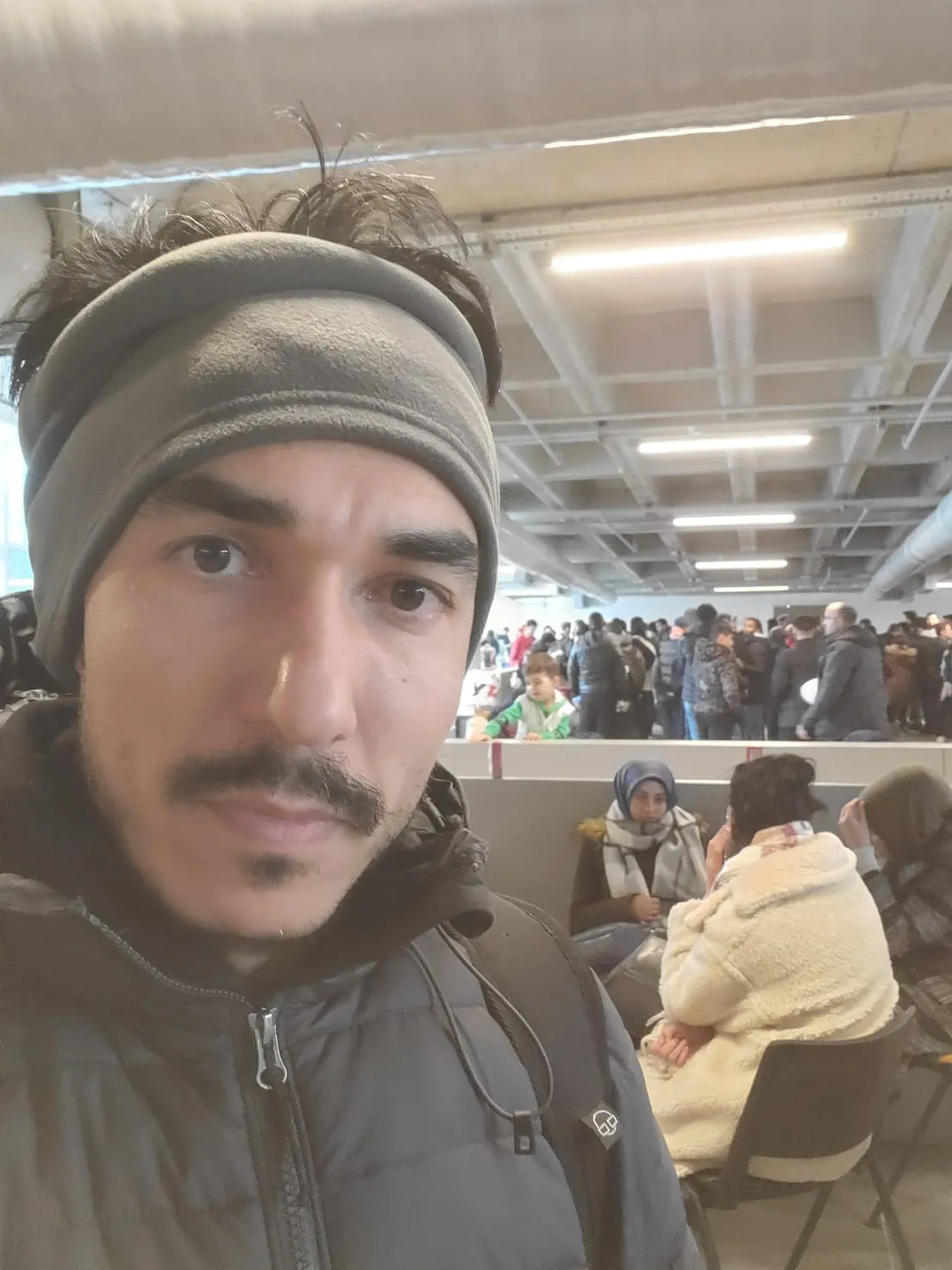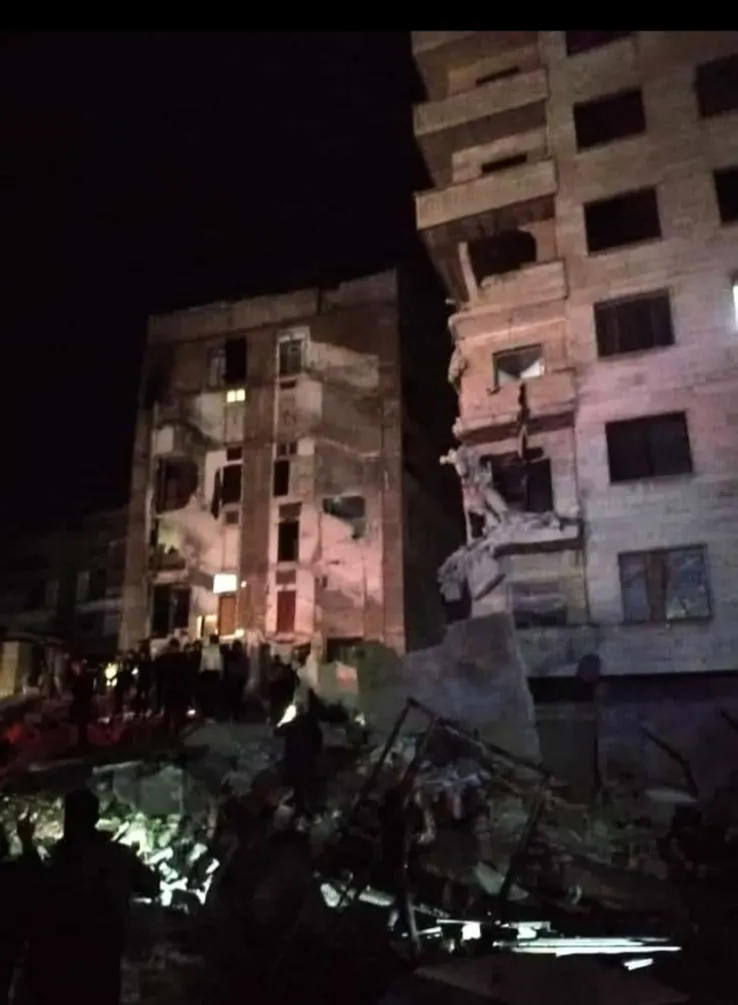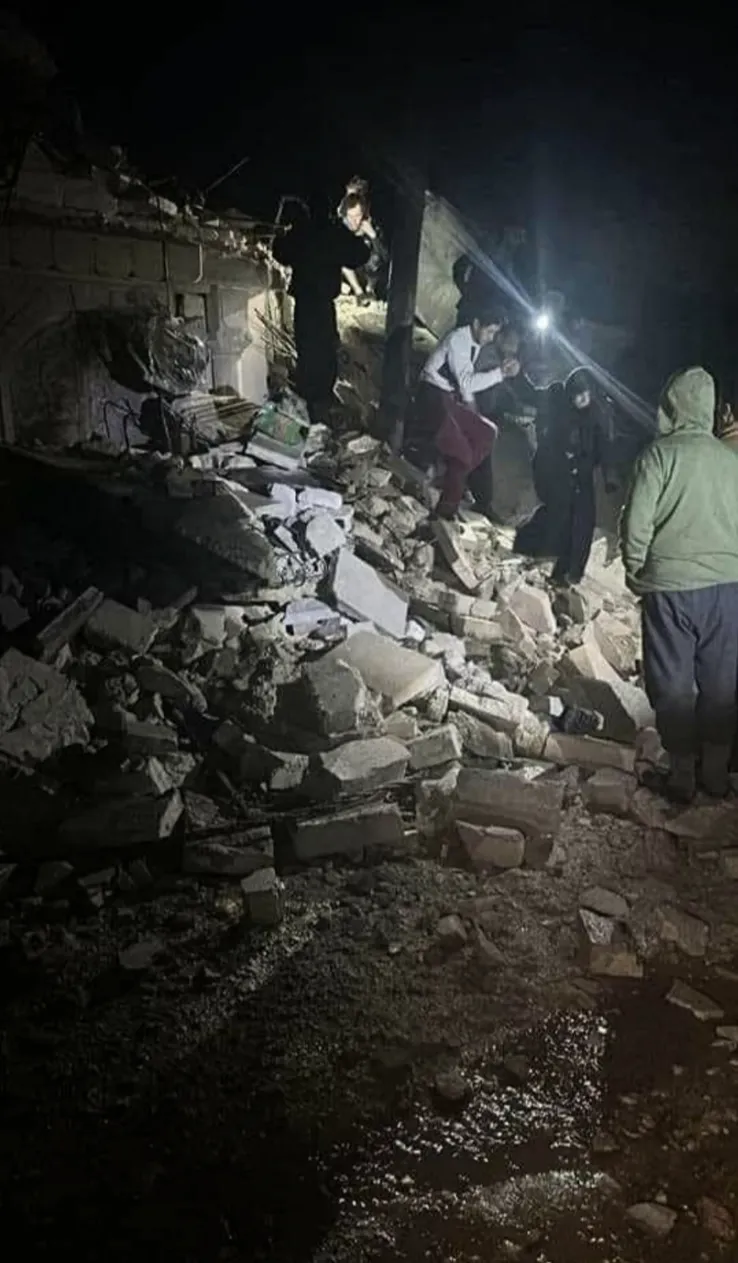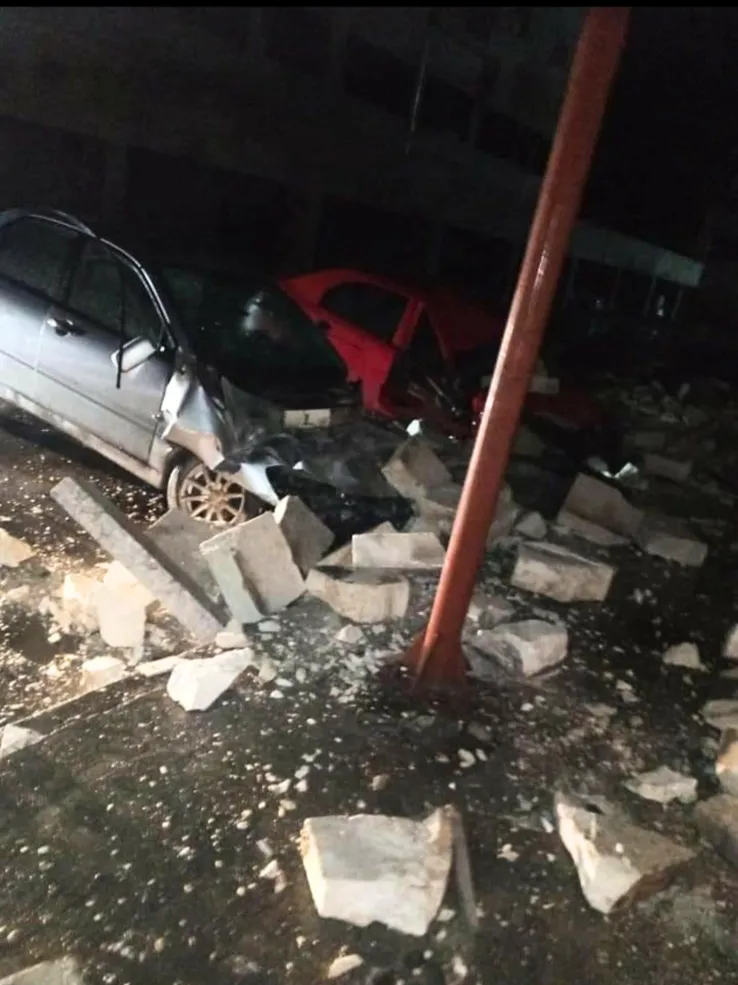Rami is in a shelter in Gaziantep, the city in southern Turkey (Türkiye) where a 7.8 magnitude earthquake struck early Monday morning. Government officials have already declared it to be the deadliest earthquake to hit the country in two decades, with a tremor as strong as the 1939 earthquake, which killed an estimated 30,000 people.
“They’re distributing food items everywhere,” Araban says as he looks around the shelter. “The response is relatively quick, but they aren’t managing because the number of affected people is extremely high.There are hundreds of people at the university here, presumably it’s a safe place.”
“They’re warning of another aftershock within a couple of hours. People are afraid to get back home, especially after they experienced the second shock.”
Ten hours after the initial quake, the United States Geological Survey reported a separate, 7.5 magnitude earthquake struck the southeastern part of the country along the same fault line.
Turkey President Tayyip Erdogan initially said at least 1,300 people had been killed, though experts suggest that number will likely rise as rescue teams fan out throughout the country. The U.S.G.S. initially estimated as well that damage from the initial earthquake could exceed $1 billion.




